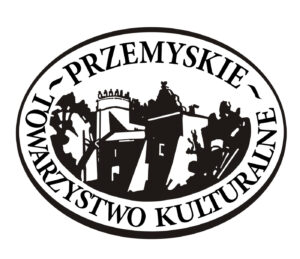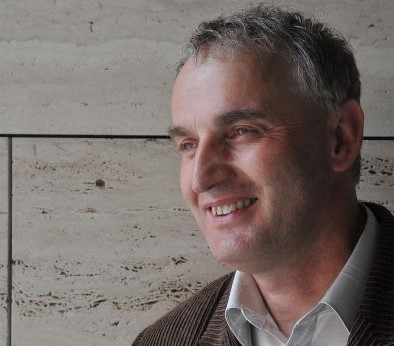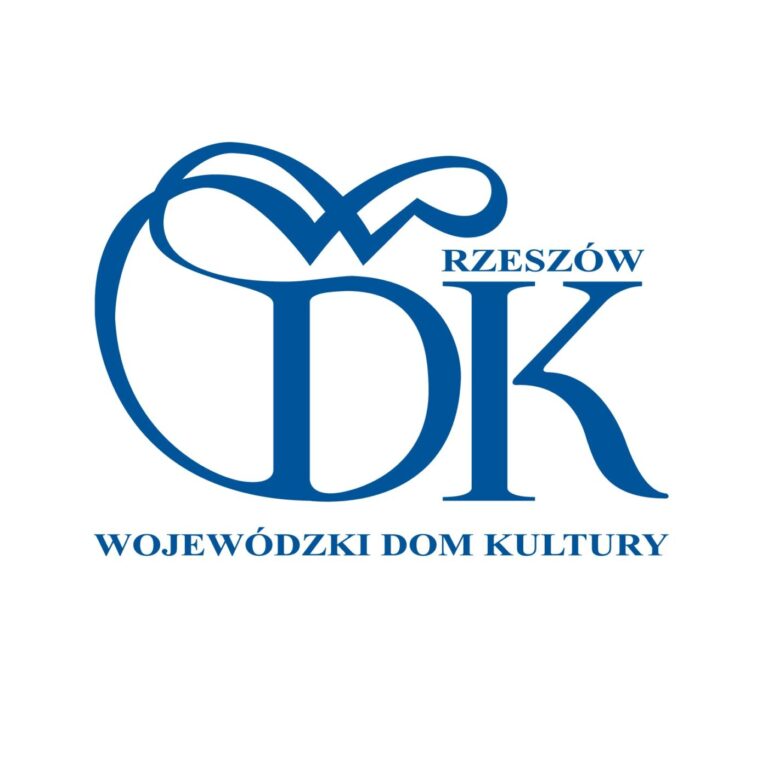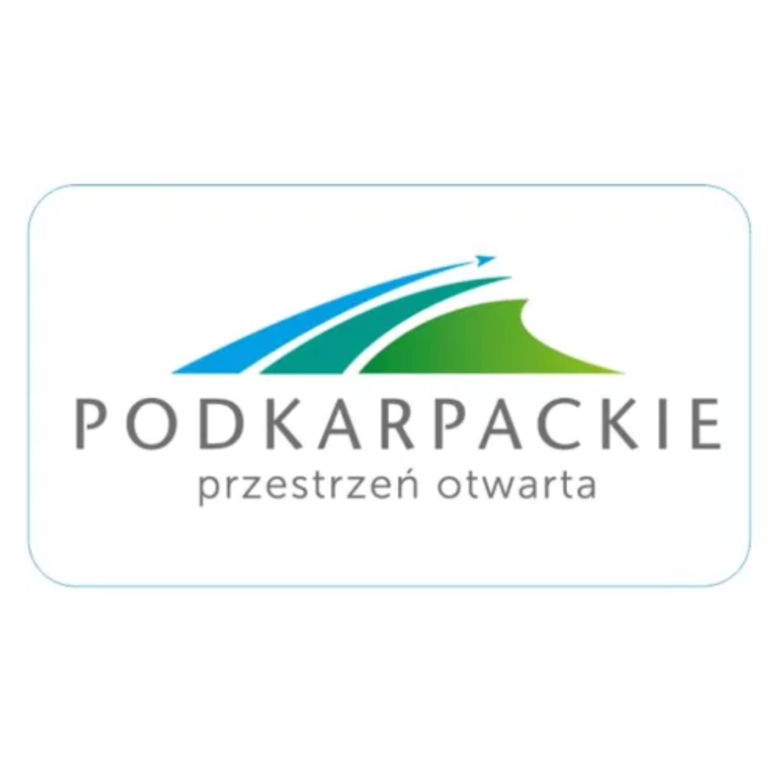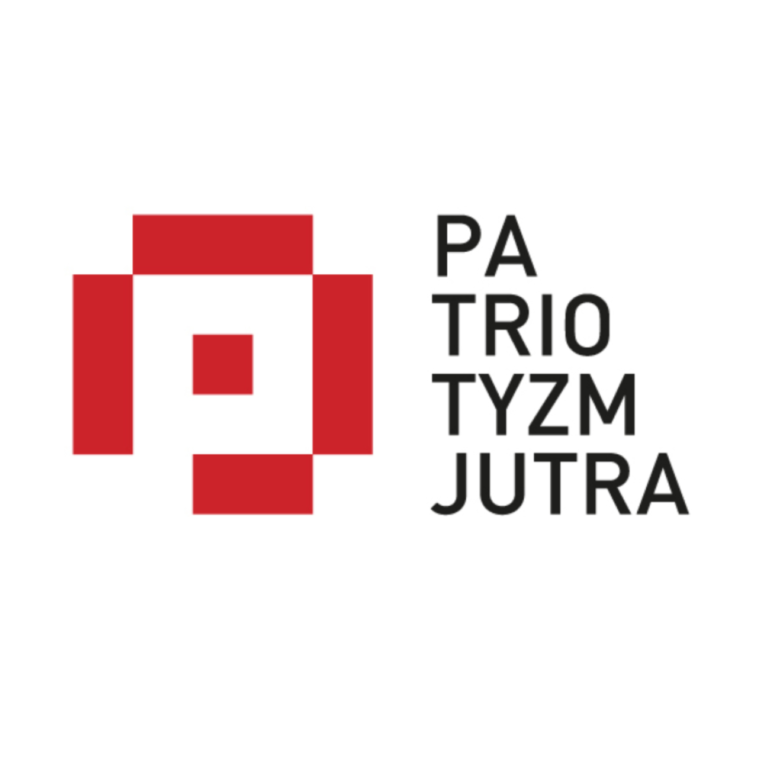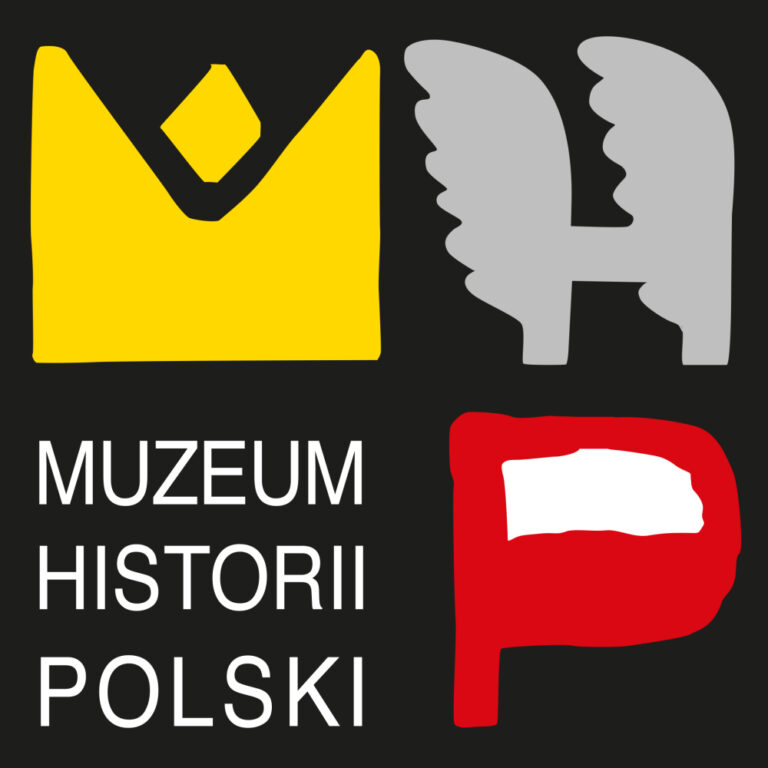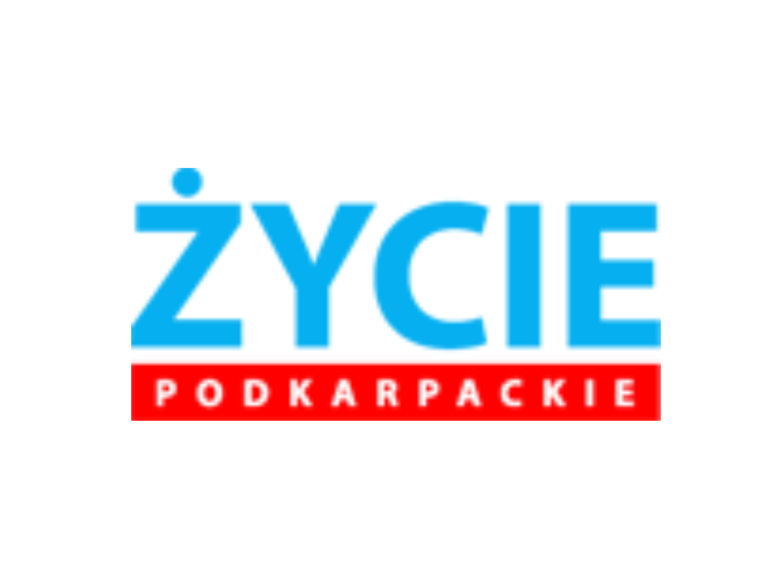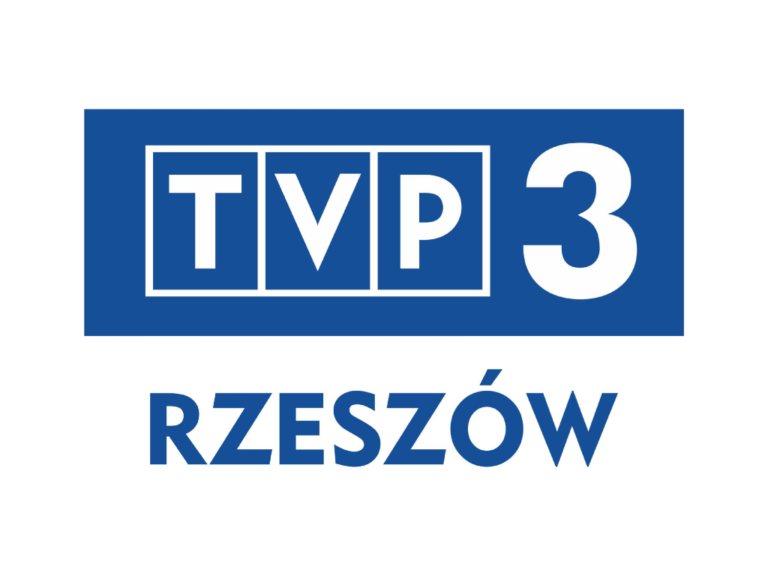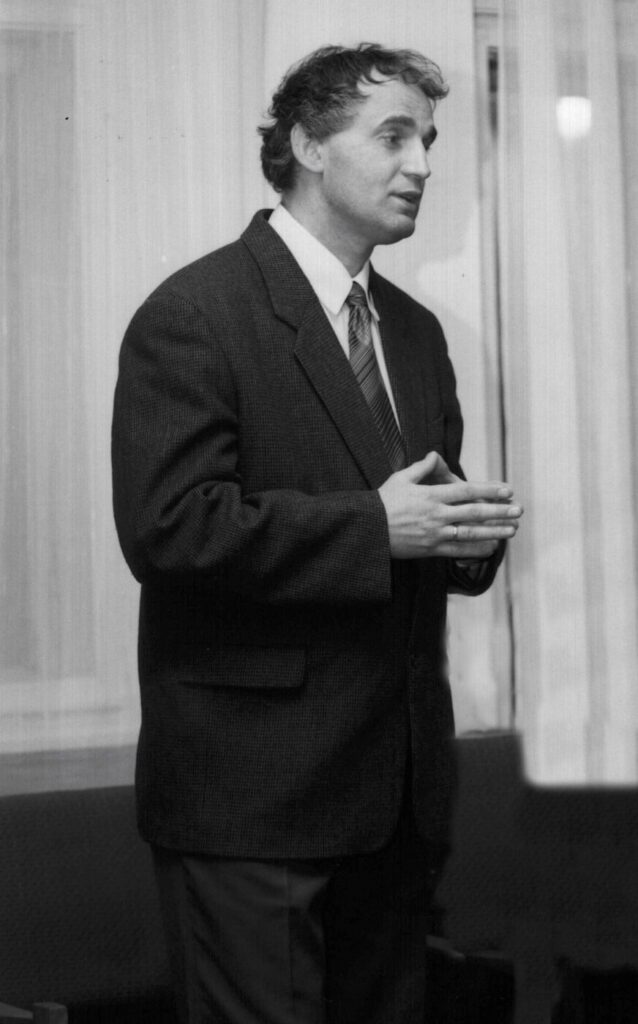
Lubaczów in symbiosis with Przemyśl and Kresy
Lubaczów is my hometown, where I was born on April 7, 1955, but I did not grow up there. Parents in the Stalinist period, as graduates of the Faculty of History of the Catholic University of Lublin - sent from Lubaczów to study by ab Eugeniusz Baziak - after returning to their hometown, they were sent to work in a primary school in the village of Załuże, hidden among forests and wetlands. At first everything was going well, the village welcomed the young teachers kindly. After one history lesson about the Warsaw Uprising, my father was fired from his job, as was my mother, who ran the school library. In the times of Stalinist poverty, it was a tragedy. Only after 1956, after the so-called "Polish October" Father managed to find a job for himself and Mother in the so-called Regained Territories, in Kudowa Zdrój, located in the Kłodzko Valley. In a beautiful resort located in a valley among the Stołowe Mountains, where after the war the Kresowians also flocked, Father founded the Universal University.
Crowds of patients and residents of Kudowa flocked to the lectures and concerts organized by him. The speakers were scientists from the University of Wrocław, mainly from Lviv and Kresy, there were also people from the Catholic University of Lublin. Despite the widespread recognition for this activity and achievements in teaching, first in high school, after seven years, the city authorities thanked their parents for their work. They moved to Mazovia, to a small Wyszogród on the Vistula near Warsaw. There, my father founded the Branch of the Płock Scientific Society, which he ran as the president for 25 years, organizing scientific sessions, series of lectures and exhibitions, e.g. about: Home Army, Krzysztof Kamil Baczyński, President of the Republic of Poland Edward Raczyński, in the spirit of teaching his alma mater "God and Homeland". He also founded a branch of the Polish Historical Society in nearby Czerwińsk, at the Salesian Monastery, and was its president. He led there for the publication of the first monograph of the Czerwin basilica from 1115, one of the most valuable monuments in the Romanesque style in the country. He was also a member of the Main Board of the Polish Historical Society. Over the course of a quarter of a century, Wyszogród and our house have been visited by hundreds of the most eminent people from the world of culture and science, mainly pro-independence, associated with the Catholic movement. Father was also the initiator (together with the captain of the Great Shipping Company, Antoni Tyc, the captain of the ORP "Garland" in the Polish Forces in the West, the creation of the Museum of the Central Vistula and the Wyszogród Land.
I am writing this short memoir to justify my actions resulting from family traditions. I learned from home a deep conviction about the imperative of educating the society and the need to constantly influence it in the spirit of pointing out the historical truth, in the spirit of independence, striving to renew among new generations the knowledge of Polish and European culture, and our Catholic spirituality. My father used to tell me briefly "Through knowledge - to freedom!" Coming to Lubaczów, I had not only the knowledge I had acquired at home. Also acquired at two universities, namely the Catholic University of Lublin and the University of Wrocław, and completed two fields of study in the humanities: classical and Polish philology. Also - as I mentioned - the baggage of experience in contact with the totalitarian system, the experience of fighting against it. In Wrocław, during my studies, I participated in an alternative cultural movement. Among other things, in independent self-education meetings, where we read and discussed books smuggled from the West with anti-communist content among the initiated. We had long conversations, ideological disputes, dialogues about art, philosophy and culture. The meetings were held in private rooms, including the apartment of Aleksander Gleigewycht, an activist Student Solidarity Committee in Wroclaw, a co-worker KSS "KOR", an activist NSZZ "Solidarity". I remember that at one of them we discussed Witold Gombrowicz's "Diaries" and his work. We also met in the Czartoryski villa in Obory Śląskie near Wrocław.
When I came to today's Podkarpacie, the meetings at "Strych Kulturalny" reminded me of the atmosphere of those Wrocław events and I immediately understood the purpose and great importance of Marek Kuchciński's initiative. During my studies in classical philology, I was friends with Gustaw Czartoryski, Wieśek Kęcik, an outstanding activist of peasant "Solidarity", an associate of KOR, who provided me with leaflets of NSZZ "Solidarity" for distribution, as well as recordings on tapes with songs by Jan Krzysztof Kelus and Jacek Kaczmarski. Which, of course, I did. In Polish studies, I was friends and collaborated with Roman Kołakowski, a poet and composer, activist of the Student Solidarity Committee, today a legendary bard of the second circulation, later the creator of the artistically interesting Song Theatre. Our friendship lasted for years and when I was the director of the A. and J. Iwaszkiewicz Museum in Stawisko, I would invite Kołakowski with his wife and his theater to perform. In Wrocław, I also participated in the "Orange Alternative" movement, I was friends and closely cooperated with Waldek Frydrych. The aim of this movement was to show the absurdities of the communist system and ridicule it, but in such a way as not to break the law. We often used the technique of the grotesque. One of the slogans was a slogan painted on the walls: "Help the Citizens' Militia - beat yourself up!" I completed my second studies – Polish Studies – on my own. I didn't want to burden them with the costs of my parents, and I didn't get a scholarship. In order to support myself and be able to continue my education, I started working in an orphanage in Małkowice near Wrocław. Immediately after the strikes and the registration of NSZZ "Solidarność", I founded NSZZ "Solidarity" at my place of work and became the chairman of the Works Council of "NSZZ "Solidarity". Due to the specificity of the place, I mainly dealt with obtaining clothes and food for orphans. Therefore, after the introduction of martial law, I was not arrested, also due to the fact that my activity in the student environment was not deciphered. However, I remember at midnight on December 12/13 the knocking on the door and the orphanage employees calling me to run away immediately, because there is martial law. I didn't do it, but just in case, I took a few suitcases of books from the second circulation published in the West and leaflets of NSZZ "Solidarity" to my friend, the parish priest in Małkowice. I even obtained a Christmas pass from the local authorities to go to Wyszogród, where in my family home I found Anna Bogobowicz, the sister of Janusz Onyszkiewicz, the press spokesman of NSZZ "Solidarity", who was in prison at the time, hiding. My Grandma Aniela Horoszczak has just died in Lubaczów and there is a free apartment left. My wife and I had finished our studies and decided to move to Lubaczów, where we both found a job in the emerging museum, today the Kresów Museum. Soon after arriving, I made contact with like-minded people. A group was formed, which began to meet in private apartments, but most often in the rectory of the parish at the church of St. Stanisław Męczennik with Fr. parish priest Fr. Józef Dudek, a priest with an open mind and a warm heart. From these meetings, the Catholic Intelligentsia Club was born, which was registered in July 1987 at the Provincial Office in Przemyśl after long efforts, lasting over a year, by a group of people - lay Catholics - who created the Founding Committee. It should be mentioned that Lubaczów was then the capital of the bishops expelled from Lviv and at the same time the center of the only existing part of the Archdiocese of Lviv that survived from the former Archdiocese of Lviv after its liquidation in the USSR. Only a dozen or so parishes remained on the side of the People's Republic of Poland after 1945, and Lubaczów itself had about seventeen thousand inhabitants at that time. For almost half a century, the successors of the last exiled archbishop of Lviv, Eugeniusz Baziak, prayed in this city, although officially this name could not even be used in publications. Therefore, the establishment of the Catholic Intelligentsia Club in this place was a unique event. Immediately after the start of operation by KIK, information about it was announced in the news of Radio Free Europe. Unfortunately, a RWE collaborator from Lubaczów was tracked down by the Security Service and committed suicide. This fact made me especially cautious. I stopped sending texts to Lublin to "Solidarity Lubelska", where I was printing poems under the pseudonym "Quidam", I took out second circulation books and NSZZ "Solidarność" magazines from home. I broke off my contacts with the Wrocław community. In phone calls and in the club, I weighed my words. Despite the fact that KIK was established in a small town, it developed its activities on a very large scale, following the example of others that were already operating in Poland, had high social prestige, gathered wonderful people, and wrote an important page in the history of the country. The co-founders of KIK in Lubaczów and its members were, among others, underground soldiers from the Second World War and the post-war period, as well as activists of the Solidarity Trade Union: Adam Kantor, prisoner of the Stalinist era, Zdzisław Zathey, commander of the Home Army in Lubaczów, prisoner of the Stalinist era , Jerzy Czekalski, activist of NSZZ "Solidarity", prisoner of the martial law period, Adam Słomiany, activist of the underground "Solidarity". 43 people signed up to KIK in Lubaczów. It gathered a group of people, mostly with higher education, with various interests, although artistic, scientific and regional ones prevailed. They were all, of course, faithful Catholics seeking to expand their biblical knowledge and spirituality. I was elected president of this club and I held this position continuously for 10 years, even when after 1990 I moved to Przemyśl in connection with taking up the position of director of the Department of Culture, Sport and Tourism at the Voivodship Office, appointed to this position by the Solidarity forces.
For 10 years, KIK conducted very intensive work, organized a number of initiatives important for Christian culture and building civic awareness. Undoubtedly, he contributed to renewing the memory of the history and traditions of the Archdiocese of Lviv, reviving interest in this subject not only in Lubaczów, but also throughout Poland. Also to prepare the society for the historic visit of John Paul II in June 1991 in this city. During this pilgrimage of the Holy Father to the ancient Archdiocese of Lviv, all members of the Kik took part in intensive preparations, actively participated in the Holy Mass on the commons of Lubaczów. Earlier, cultural luminaries and eminent representatives of Christian science from all over the country, former inhabitants of Lviv and Borderlanders, excellent artists, but also activists of the independence opposition began to come to Lubaczów for the events organized by KIK. During the mentioned period, 10 Weeks of Christian Culture were organized with a very rich religious, scientific and ideological programme. HE's help was of great importance in the development of the programmes. Fr. bishop prof. Marian Jaworski, then rector of the Pontifical Academy of Theology in Krakow, one of the closest friends and associates of John Paul II. At that time, I also benefited from my father's extensive contacts and experiences with intellectual circles in the country. Every year, we organized Weeks of Christian Culture in November to enable the celebration of the next anniversary of regaining independence on November 11, 1918. On this day, a solemn Holy Mass was always held. for the Homeland and occasional lectures and concerts. Each of the Christian Culture Weeks had a separate theme and, of course, a deep religious, scientific and artistic dimension. In addition to the Weeks of Christian Culture, separate, interesting and numerous open meetings were held. During the first 10 years of KIK's existence, the following were organized: 20 music concerts, 22 literary meetings, 17 theater performances, 10 film screenings, and 8 exhibitions. Many people associated with the Solidarity and independence opposition were invited to the meetings. Among them, among others: Zbigniew Strzałkowski, an activist of the Solidarity underground from Lublin, who presented his ex libris exhibition. Also the poet Wiktor Woroszylski, associated with the opposition, collaborator of the KSS KOR, who had a great reading evening. Also Prof. Krzysztof Dybciak from KUL, who presented a lecture on the history of Polish literature in exile. At our meetings, lectures were also given by Zdzisław Szpakowski, editor of "Więź" and Marcin Król, president of the Kik in Kraków, formerly associated with the Flying Courses Association. In turn, the already mentioned Zdzisław Zathey from Lubaczów, for the first time after the war, spoke publicly to a large group of listeners on the subject of "History of the Home Army in the Lubaczów Land" and on the subject of "Operation "Tempest" in the Lubaczów Land". These are just some examples, because basically the entire program of the KIK's activities was then built on the basis of people who were in open or hidden opposition to the existing political system. In order to integrate the club, internal meetings were also held, and we were actively involved in all religious events in the city and the surrounding area. Wafer meetings have also become our tradition. I decided to invite NSZZ "Solidarity" activists interned during the martial law to one of them, to give them the opportunity to meet and integrate the pro-independence milieu. Dozens of people came. I made a mistake because I sent the invitations by mail. Soon, I was drafted into the army for several months of military exercises at the training ground in the Western Territories, in Żary. Doctors from Lubaczów helped me then, who put me in the hospital and simulated treatment for duodenal ulcers. At the wafer meeting with the participation of HE Fr. Marian Jaworski and the aforementioned activists of NSZ "Solidarność", I received a few-hour pass from them and I participated in this event. I spoke, we sang Christmas carols. When, after leaving the hospital, I returned home and stepped into the bathtub to wash off the specific hospital smell, an armed patrol of the Military Police knocked on the door. They came to arrest me and take me to the military hospital in Jarosław. I was supposed to be examined there to see if I was really sick. Then the wife, who went out to open the door, with a crying baby in her arms, raised a lament that I was a hooligan and a drunkard, that I had beaten her and that we were getting divorced. That I was not at home and did not know where I was. The gendarmes searched the apartment, but fortunately they did not look into the bathroom. And they left. I decided then that I would be even more careful in my actions. I am writing about this episode to reflect the atmosphere of those years.
It is worth emphasizing that crowds of city residents often participated in various meetings organized by the KIK, so they were not of an elitist nature. The work of KIK during this period is presented in detail in the publication "10 years of the Catholic Intelligentsia Club in Lubaczów 1987-1997", published in a small edition by the Catholic Intelligentsia Club in Lubaczów with the introduction and blessing of prof. Marian Jaworski, Metropolitan of Lviv. The activities of KIK also served to mobilize society for civic and independence work. This was particularly true during the June 1989 parliamentary elections. When on April 7, 1989, the National Executive Committee of NSZZ "S" decided that "Solidarity" was going to the elections, commissioning the election campaign to be conducted by the Citizens' Committee of Lech Wałęsa, and three days later the Citizens' Committee of "NSZZ Solidarność" was established in Lubaczów. It was formed during a meeting of KIK members and a group of people from the city at the presbytery of the church assistant of KIK, Fr. Joseph Dudek, parish priest. I became the chairman of the Committee, and it was joined by four other members of the KIK who were also activists of the armed underground and Solidarity: Zdzisław Zathey, Adam Słomiany, Adam Kantor, and Jerzy Czekalski. From outside KIK, the secretary was Wiesław Bek - during his student period a member of the Krakow Student Committee of Solidarity, and Mieczysław Argasiński - a member of Solidarity. The Committee soon expanded its composition to include people from the area and covered the area of the Lubaczów poviat with its activities. The headquarters of KO NSZZ "Solidarity" became the premises of KIK. The club donated its entire infrastructure for its needs: means of communication, paper, typewriters, stationery and everything that was necessary for the operation of KO "S". Almost all members of KIK joined the intensive work in KO "Solidarity". In the Lubaczów Land, the elections were won decisively by the candidates for the parliament from NSZZ "Solidarity". After the elections to the parliament, there were changes in the voivodship authorities in Przemyśl. The voivode on behalf of "NSZZ Solidarność" was Jan Musiał, and I was asked to become the director of the Department of Culture, Sport and Tourism. I entered the Provincial Office as one of the first members of Solidarity. I did not know the city or the people, nor did I know the social relations existing in it. One of the most important circles with which I established closer and permanent contact at that time was the team of people from Marek Kuchciński's "Strych Kulturalny". To tell the truth, I was surprised by the organization and the high intellectual level of the talks that took place there. I took part in them with increasing interest. I also owe this environment the support of my activities as the president of KIK in Lubaczów. For example, after my conversation with Marek Kuchciński, Edward Robinson, a sculptor from Oxford, came to Lubaczów in 1990 for a meeting with the author and an exhibition, and a year later a concert of the chamber orchestra from the Music School Complex and the Orchestra of the Music School Complex conducted by Marek Zazuli, a regular visitor to attic meetings. In addition to participating in discussions and other events of this community, as the director of the Department of Culture, Sport and Tourism, I financially supported the issue of "Strych Kulturalny", as well as Maria Ryzner's book about Siberians published by the Przemyśl Cultural Society. I also published in "Strych Kulturalny". I admit that initially I was not prepared to perform administrative functions. Nor did I have decent living conditions. For almost a year I lived in a small hotel room of the National Museum of the Przemyśl Land, in the current building of the Museum of the Archdiocese of Przemyśl. In Lubaczów, I left my wife alone, pregnant with two small sons. I had to learn everything quickly, I put a lot of energy and enthusiasm into it. I often worked for several hours, trying to quickly get to know cultural, sports and tourist institutions and organizations in Przemyśl and in the province. I was the only director in Poland who, despite the changing political systems, remained in this position without interruption until the transformation of the voivodship structures, gradually leading to a change in the profile of the institution's activity and a change in the management staff, derived from the former communist system. Research conducted in the 1990s by the Ministry of Culture showed that one of the poorest voivodeships in the country, Przemyśl, was developing best in the field of culture. Significant achievements at that time include the completion of the renovation at the Kazimierzowski Castle in Przemyśl (it lasted for 25 years), its commissioning, and the establishment of the Fredreum Theater there. Establishment of the Department of Physiography and Arboretum in Bolestraszice as a provincial cultural institution, which enabled the further development of this institution, previously run on a voluntary basis. I was one of the initiators of establishing the East European College in Przemyśl. The establishment of the university made it possible for me to establish a cultural institution earlier and to renovate the ruined castle in Bakończyce. During this period, the faculty I headed initiated or supported many new cultural events of a Christian nature and national importance, such as: Days of Oratorio and Cantata Music in Przemyśl, the Festival "Song of Our Roots" in Jarosław, Festival of Religious Music in Lubaczów, to mention only a few, and there were more. Voivode Jan Musiał often entrusted me with particularly difficult tasks. For example, in the complex social situation and the conflict over Carmel, during the visit of the Holy Father John Paul II, I was the spokesman for both the provincial office and the Roman Catholic curia. A special achievement that went far beyond my official duties was supporting Polish communities beyond the eastern border while trying to build cooperation from scratch with the institutions of the new Ukrainian state. In these matters, I used my knowledge and experience in Lubaczów. I was the initiator and direct organizer of the 1st Festival of Polish Culture in Tarnopol already in May 1991, combined with an agricultural fair. A groundbreaking and very successful project at the time. Also the initiator and co-organizer of the Festivals of Polish Culture in Lviv (four editions) - projects with the participation of hundreds of Polish artists from both sides of the border, Literary Competitions for Poles in Ukraine named after Kazimierz Wierzyński (six editions), Zbigniew Herbert Days in Lviv, Franciszek Karpiński Days in Kołomyja and Stanisławów (Ivano-Frankivsk), Dialogue of Two Cultures in Krzemieniec (so far these meetings have been co-organized by me - XXII editions). I took part in Polish-Ukrainian talks at on the restoration of the Słowacki manor in Krzemieniec and collaborated in establishing the Juliusz Słowacki Museum there. An interesting account of these events is written by, among others, Fr. Tadeusz Pater in his interesting book "Letters about the Southern Borderlands", published in Krakow in 2006. The department I headed also supported the establishment of Polish Cultural Societies in many cities in Western Ukraine from the early 1990s. He supported the publication of "Gazeta Lwowska", and then "Lwowskie Meetings". Anyway, I was one of the social editors of these periodicals, printed in Przemyśl and transported by buses to Lwów by Bożena Rafalska, the editor-in-chief. My culture-forming activity changed after the administrative changes in the country, as a result of which the Przemyśl Voivodeship ceased to exist in 1998. She was different, but that's a new story.
Mariusz Olbromski
